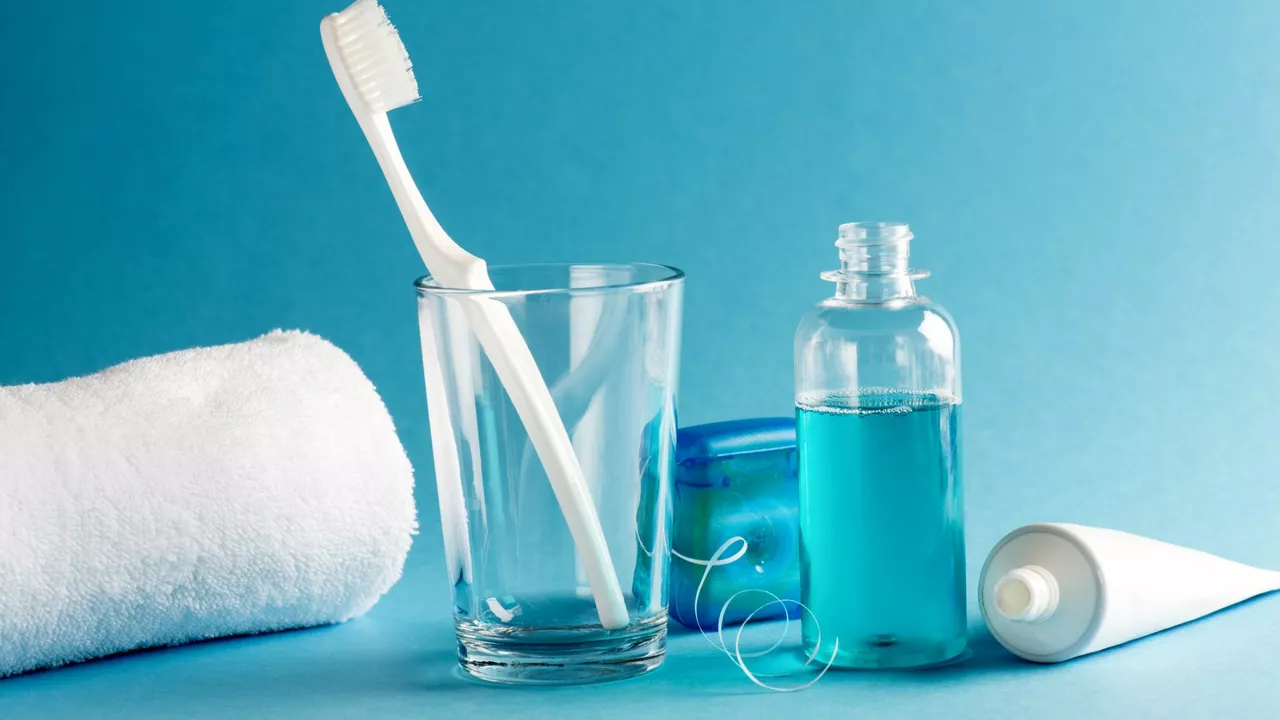Surprising fact: poor oral care doesn't just cause cavities — it can affect your whole body. Research links gum inflammation to higher risks of heart issues and diabetes complications. Keeping your mouth healthy is one of the easiest ways to protect overall health, and you don’t need fancy tools to start.
Start with a reliable daily routine. Brush twice a day for two minutes using a soft brush and fluoride toothpaste. Floss once daily to remove debris between teeth where brushes can't reach. Don’t skip your tongue — bacteria collect there and cause bad breath. If you use a mouthwash, pick one that targets your main problem: fluoride for decay, antiseptic for gingivitis, or moisturizing rinses for dry mouth.
Choose tools that work for you. An electric brush helps most people get more consistent pressure and timing. If you wear braces, use interdental brushes or floss threaders to clean around wires. For people with arthritis, floss holders and angled brushes make care easier. Replace toothbrush heads every three months or when bristles fray.
Handle common problems fast. Cold sores, canker sores, dry mouth and bad breath are common. For cold sores, topical antivirals such as acyclovir (Zovirax) work best when used early — at the first tingling. Canker sores usually heal on their own; use a protective gel or rinse with warm salt water to ease pain. Persistent bad breath may signal gum disease, dry mouth, or an infection. Your dentist can test and guide treatment.
Diet and habits matter. Reduce sugary snacks and sticky foods that cling to teeth. Eat whole fruits, dairy, and crunchy vegetables to stimulate saliva and clean teeth naturally. Smoking and heavy alcohol use make gum disease and oral cancer more likely. If you vape or smoke, quitting is one of the fastest ways to improve your mouth health.
Need an antiviral cream, a prescription rinse, or specialty toothpaste? Buy from trustworthy sources. Check pharmacy credentials, read verified customer reviews, and avoid sites that skip prescriptions for prescription-only drugs. Online pharmacies should require a prescription and provide licensed pharmacist contact info. When unsure, call your local pharmacy or clinic for advice.
Special groups need extra care. Seniors, people with diabetes, and those undergoing chemo or radiation should see a dentist more often. Dry mouth increases risk of decay; saliva substitutes, fluoride trays, and frequent cleanings help. Pregnant people should keep dental appointments since pregnancy can worsen gum inflammation.
When to see a professional: if your gums bleed regularly, you feel persistent pain, notice loose teeth, or see unusual patches in your mouth, book a dental checkup. Early treatment is simpler and cheaper.
Quick checklist: brush twice, floss daily, clean your tongue, cut sugary snacks, quit smoking, and see your dentist regularly. Small steps now prevent big problems later.
Use a diary or smartphone reminder to track brushing, flossing and dental appointments. This small habit keeps care consistent and prevents missed cleanings each month.

Well, buckle up, dental health enthusiasts, because we're diving headfirst into the fascinating world of Guaifenesin! This over-the-counter expectorant isn't just for coughs anymore, oh no, it's shaking up the realm of dental health too! Now, don't worry if you're scratching your head thinking, "Guaifen-what now?" It's basically a fancy word for a common ingredient found in cough medicine. But here's the kicker, it's been found to have beneficial effects on our chompers too! So next time you're down with a cold, not only will Guaifenesin help clear your lungs, but it might just give your smile a little extra sparkle too!
View more